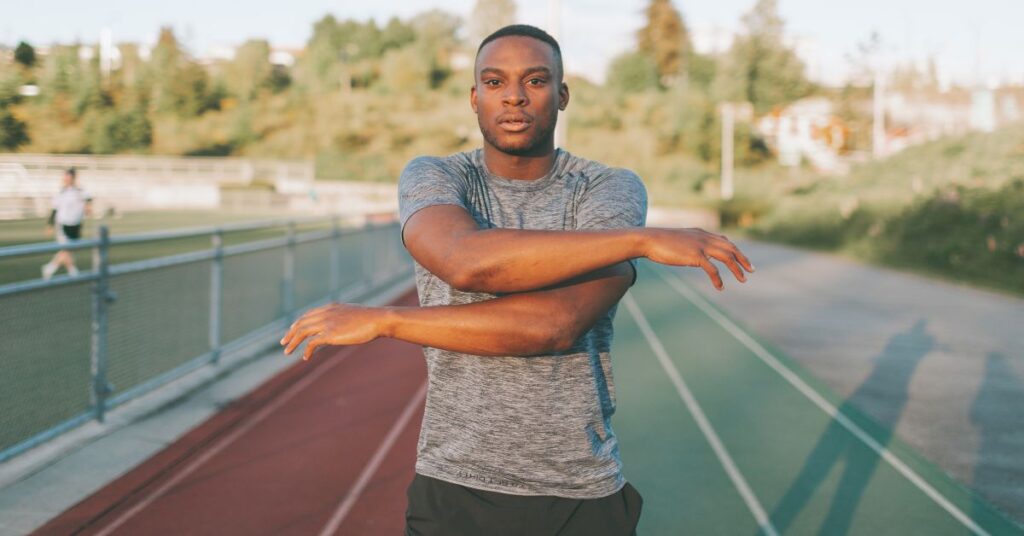From weekend warriors to elite athletes, everyone can benefit from understanding and harnessing the power of physical therapy in preventing sports injuries.
Sports and physical activity play an integral role in maintaining a healthy lifestyle, but they also come with the risk of injuries. In this article, we’ll explore the crucial role that physical therapy plays in keeping athletes of all levels safe and injury-free.
Pre-Season Screenings: The Foundation of Injury Prevention
Before the season kicks off, athletes can undergo pre-season screenings conducted by physical therapists. These screenings assess an individual’s flexibility, strength, balance, and joint mobility. By identifying weaknesses or imbalances, physical therapists can create tailored exercise programs to address these issues, reducing the risk of injuries during training and competition.
Customized Injury Prevention Programs
Physical therapists are experts in designing personalized injury prevention programs. They analyze an athlete’s specific needs and tailor exercises to target areas vulnerable to injury. For example, a soccer player might work on knee stability, while a runner focuses on strengthening their lower limbs. These programs help athletes build strength, flexibility, and endurance, reducing the likelihood of injuries.
Biomechanical Analysis
Understanding an athlete’s biomechanics is crucial in injury prevention. Physical therapists use cutting-edge technology to analyze an athlete’s movements, such as running gait or throwing mechanics. This analysis can uncover inefficient or potentially harmful movements and help athletes make necessary adjustments to their techniques to prevent overuse injuries and strains.
Education on Proper Warm-Up and Cool-Down Techniques
Many sports injuries occur due to improper warm-up and cool-down routines. Physical therapists educate athletes on the importance of these practices. They provide guidance on dynamic stretching, mobility exercises, and cooling-down routines to reduce muscle stiffness and the risk of injury.
Monitoring and Rehabilitation
In the event of an injury, physical therapists play a pivotal role in the rehabilitation process. They guide athletes through safe and effective recovery, ensuring they regain strength, flexibility, and function. Additionally, physical therapists monitor athletes’ progress and modify their rehabilitation plans as needed to prevent re-injury.
Injury Prevention Beyond the Field
Physical therapy isn’t limited to the training ground or sports arena. It extends to everyday life. Physical therapists teach athletes how to maintain their physical health through proper nutrition, hydration, and lifestyle choices. They also emphasize the importance of rest and recovery to prevent overtraining and burnout.
Mental Health Support
Physical therapists also address the mental aspect of sports injuries. Coping with an injury can be emotionally challenging, and it’s essential for athletes to receive the support they need. Physical therapists can provide strategies to manage stress and maintain a positive mindset throughout the recovery process.
Whether you’re a professional athlete or someone who enjoys recreational sports, consider incorporating physical therapy into your training regimen to ensure a safe and injury-free sporting experience.
Remember, prevention is always better than rehabilitation, and physical therapy is your ally in staying in the game and reaching your athletic goals.
Click here to book a consultation with a Physical Therapist.

